Keeping safe
The safety of all children and young people is vital. Neurodivergent children and young people may need an adapted and more individually tailored approach to keep them safe.
If a child’s safety is at immediate risk, call 999. Children and young people can contact Childline on 08001111 or go to Childline for support and information about keeping themselves safe.
Sadly, neurodivergent children and young people can be more vulnerable to abuse and self-neglect. It can also be more challenging for neurodivergent individuals to report abuse. This section contains some information on safeguarding neurodivergent children, and some key contacts.
If you have concerns that a child or young person is being harmed or is at risk of harm due to abuse and/or neglect, you must report this immediately.
During office hours (Monday to Friday 9am-5pm, excluding Bank Holidays), you should contact Leeds Children’s Social Work Services on 0113 2224403. Outside office hours, report it to the police on 999.
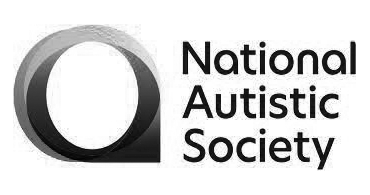
Safeguarding autistic young people
The National Autistic Society has produced a guide which outlines different forms of abuse and neglect relating to neurodiversity.
Go to guide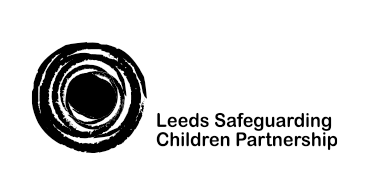
Keeping young people safe
Leeds Safeguarding Children Partnership provides information for children and young people to keep themselves safe.
Go to website
Keeping families safe
Leeds Safeguarding Children Partnership provides information for families to help keep their children safe.
Go to websiteOnline safety
Here are some tips on how to use the internet safely:
- Don’t give out personal information online.
- Keep your account private and only have friends you know.
- Don’t send pictures of yourself to people you know online and haven’t met in person.
- If you’re unsure about something, speak to someone you trust.
- If you’re meeting an online friend in person for the first time do this in a public place and take someone with you. Don’t invite them to your house.
- Don’t send money to people you meet online.
- If you think are being bullied online, tell someone you trust

Staying safe online
NSPCC and Ambitious about Autism have created some information and advice for parents of children with special educational needs and disabilities (SEND) about staying safe online.
Go to website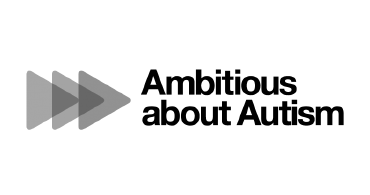
Neurodivergence and online safety
NSPCC and Ambitious about Autism have produced some easy-read guides and activities for autistic children and young people and supporting your neurodivergent child to stay safe online.
Go to website
Digiworld game
Digiworld is a game created by Parent Zone in partnership with Telenor. It is suitable for children ages 5 and up, and helps them to learn about internet safety in an accessible way, through characters and quizzes.
Go to game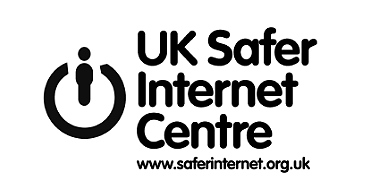
Videos about online safety
The UK Safer Internet Centre has a series of videos aimed at children and young people with SEND and their parents. These videos cover a range of topics relating to online safety, such as managing strong emotions and rigid thinking online, and helping autistic children and young people to use the internet safely.
Go to videosRadicalisation
Radicalisation is where a person comes to support or be involved in extremist beliefs. Neurodivergent children can sometimes be more vulnerable to radicalisation.

Protection from radicalisation
The NSPCC has published information for parents on supporting children and young people at risk of being radicalised online, and how to spot the signs of radicalisation. Information is also available for children and young people about the dangers of radicalisation. If you have concerns about radicalisation, the NSPCC Helpline is available on 0808 800 5000.
Read about radicalisation
Risk of radicalisation
Leeds Prevent is a service supporting vulnerable people who are at risk of or are being radicalised or drawn into terrorist behaviour and activities.
Go to website
Information about radicalisation
ACT (Action Counters Terrorism) is an organisation offering information and support about radicalisation.
Go to website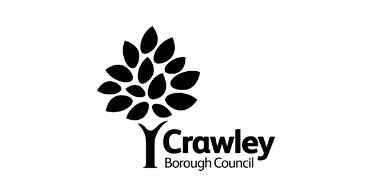
Guide on safeguarding from extremism
This guide on safeguarding autistic young people from extremism is a useful resource on viewing radicalisation in the context of neurodiversity.
Read guide
Talking to your teenager
This interactive website is to support parents with talking to their autistic teenager about extremism and radicalisation.
Go to resource
Tips for talking to young people
Some tips for parents talking to young people about radicalisation and extremism.
Go to tipsWas this helpful?
MindMate will be developing the ND hub further – please let us know what you think so far to help us get this right by completing this online survey.
